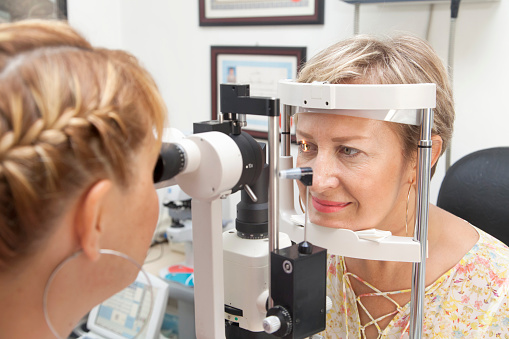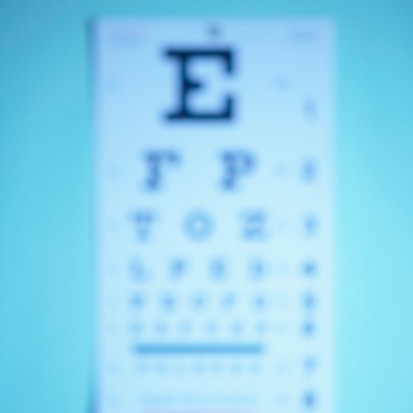Age-related macular degeneration and coronary artery disease in older adults linked: Study
Age-related macular degeneration and coronary artery disease in older adults have been found to be linked. In the study, published in the British Journal of Ophthalmology, the researchers reviewed medical records from over 1,600 people. They found that the more severe a person’s coronary artery disease was, the more likely they were to experience age-related ...click here to read more














